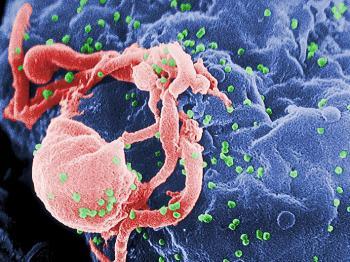It’s a simple concept: instead of using U.S. legal tender, make your own money that can only be used in local stores. And the best part is, it’s entirely legal. During the Great Depression, many towns and neighborhoods across America began printing their own local currency. The idea behind it is that you buy the local currencies with U.S. dollars. The local currency can then be used at participating local stores. This way, money is being spent locally and not at large chain stores like Wal-Mart or Home Depot.
There usually is added incentive to buy local currency, especially when there’s a 10 percent bonus involved. As an example, $100 could be used to buy $110 of local currency.
Many communities across the U.S. are getting involved in the moneymaking business. Berkshire County, Massachusetts is at the forefront of the endeavor. Using what they call “BerkShares,” this small town has been inspiring communities all across America to get involved.
Steffen Root, co-owner of Berkshire Bike & Board is fond of the plan. “I'd much rather take BerkShares than you giving me your credit card ... I think that we can keep our money local, it’s a good thing—especially with our economy where it’s going.”
But this trend isn’t limited to the U.S. alone. Similar schemes have emerged more recently in Japan, Argentina, and Britain. Even the small district of Santi Suk in northern Thailand is getting joining the trend.
The people of Santi Suk have also started making their own currency, decorated with colorful children’s sketches of local sights like water buffaloes and Buddhist temples. Avoiding using foreign currency is also a boon. Local communities can benefit from spending their own currency, instead of using U.S dollars, Euros, or the Thai Baht. Local currencies also can’t be banked away to earn interest, so the users keep spending it, providing a boost to the area’s economy.
Phra Supajarawat is the abbot of the local Buddhist monastery. He also serves as the governor of Santi Suk’s tiny, one-room bank. “We need our own money more than ever now. Things are turning bad in Thailand and people need something they can believe in,” he says.



